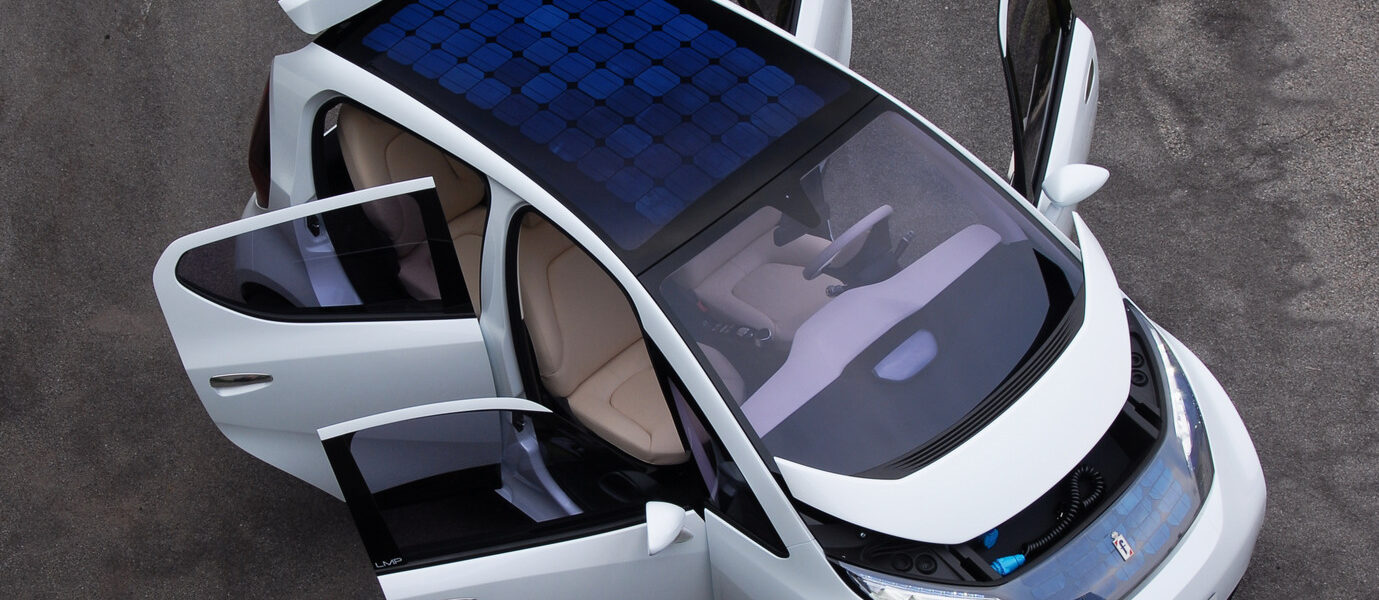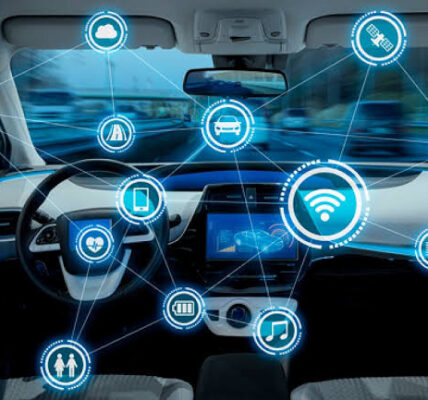The global solar vehicle market is expected to be $329.5 million in 2023, and is projected to reach $4,087.6 million by 2030, registering a CAGR of 43.3%. North America is projected to be the highest revenue contributor, accounting for $138.5 million in 2023, and is estimated to reach $1,819.4 million by 2030, with a CAGR of 44.5%. Europe is estimated to reach $1,675.1 million by 2030, at a significant CAGR of 46.3%. North America and Europe is expected to collectively account for around 77.6% share in 2023, with the former constituting around 42.1% share. Europe and North America are expected to witness considerable CAGRs of 46.3% and 44.5%, respectively, during the forecast period. The cumulative share of these two segments will be 77.6% in 2023, and is anticipated to reach 85.5% by 2030.
Solar vehicles are electric vehicles, which are powered by solar energy as a type of fuel for their propulsion. Solar vehicles are equipped with photovoltaic cells, which are installed in the solar panels and are responsible to convert the solar energy to electrical energy, which is stored directly in battery of the vehicle. These solar panels are made of silicon, which absorbs heat and converting it to electrical energy. With the increased adoption of latest technology for vehicles, the demand for solar vehicles has augmented, which leads to the growth of solar vehicle market across the globe.
The increased trend of self-charging vehicles has led to the introduction of solar cars market which has also supplemented the solar vehicle market growth. The increased income group among consumers and the demand for emission free vehicles has enabled the solar vehicle manufacturers to offer solar cars and solar commercial vehicles. Solar cars market works on photovoltaic cells which helps in charging the battery. These photovoltaic cells convert the sunlight to electricity which is used for the propulsion of solar car market. Also, with the increased in sales of electric vehicles the solar cars will act as a range extenders, propelling the demand for solar cars and solar commercial vehicles.
The introduction of electric vehicles across the globe has increased the demand for better and efficient charging system to be equipped in electric vehicles to overcome the problem of rapid discharging of electric vehicles during operations. In addition, lack of proper infrastructure for charging the vehicle during longer run has paved the way for installing solar panels in vehicles, which has supplemented the solar vehicle market growth.
Factors such as increase in concern about environment pollution and increase in demand for energy-efficient sources as an alternative to fuel are driving the growth of the market. However, factors such as less operational efficiency and expensive integration of technology hamper the growth of the market. On the contrary, excessive research in far-field wireless charging technologies is expected to create numerous opportunities for the growth and expansion of solar vehicle industry.
Crude oil, which is extracted and processed to form diesel and petrol, is the key source of ignition in vehicles. In the past few decades, oil prices have augmented at an alarming rate, making it difficult for low- and middle-class consumers to afford. Increase in oil prices have urged consumers to shift toward energy-efficient alternatives, which reduce the overall cost per km drive. This is anticipated to drive the demand for solar vehicles in comparison with fuel-driven vehicles, thus boosting the growth of the solar vehicle market during the forecast period.
Solar vehicles have a lower efficiency as compared to the internal combustion engine based vehicles. This is because the solar vehicles have a battery installed in them which is required to propel the vehicle and the batteries have a limited range to operate. Also, the solar vehicles are effective during good weather conditions but will not operate effectively in bad weather conditions which makes it a restraint against the growth of solar vehicles. Hence, less operational efficiency of the solar vehicles is the restraining factor which could affect the growth of solar vehicle market across the globe.
Many technologies fail to provide transmission over a long distance. This can be overcome by using the latest laser and microwave energy transmission mediums. Such methods are categorized into the far-field of wireless charging. The laser beam is a coherent light beam, which is capable of efficiently transporting extremely high energy by using a line of sight. Currently, companies such as Nokia, Google, and others are conducting research to develop wireless charging system which use microwave or laser beam technology for charging devices that are Qi compatible and can sustain up to 2w of laser power. Such technological advancements in the field of wireless charging are expected to boost the solar vehicle market growth which is also supplemented by the excessive research in far-field wireless charging technologies thereby providing lucrative opportunity for the market expansion.
Key players includes Volkswagen AG, Toyota Motor Corporation, Ford, Mahindra & Mahindra, Sono Motors, Hanergy Thin Film Power Group, Solar Electric Vehicle Company, Alke, Lightyear, and Hyundai Motor Company, which account for a major solar vehicle market share.
-Report by Allied Market Research








